

Through an intensive consultative process that ranged from multi-stakeholders’ workshops, field consultation to direct and indirect beneficiaries and focused discussion to bring on board diverse views and minority voices, MAVUNO was able to explore key information and issues relevant to inform the current plan. Programs which were implemented in the last five years were reviewed and from the results we have managed to develop this comprehensive document that encompasses the needs and gaps experienced in the previous Strategic Plan areas that were of strength are upheld to continue delivering better and areas that needed consolidation for improved results have been addressed as well. In summary the results of the review are presented below:
The programs implemented in the previous five years were generally in line with the five strategic areas earmarked in the Strategic Plan 2017/21. The majority of work done however was concentrated on the FEBA component which encompasses projects related to agriculture and food security, environment conservation and bee keeping. Biogas was one of the components in this area however and MAVUNO was able to construct biogas digesters in school and in the households. This being an important area, it is sought for more research and consolidation to an independent alternative energy resources component.
The WASH program was very successful in a small scale that it was implemented whereas the supply of water was improved in villages and schools. Much has been observed as the results of availability and access to water in the localities where the service has reached including a general lessening of time and energy used to collect water by women and children. A general reduction of water borne diseases and improved school attendance and performance by children. A main challenge in this area relates to high demand of water in the whole district.
The implementation through focal farmers has been a great tool in the last 5years. Some improvements however are suggested in relation to the number of focal farmers (model farmers), the frequency of contact to farmers and more training and learning events by these focal farmers and beneficiaries as well. Radio program, study tour, Farmer exchange visits are also recommended and should be continued.
For each focus area of the strategic plan 2023/27 the organization shall meet the needs of the target group and the internal capacity of the organization through recruiting, training and supporting the team members to implement projects according to the set and required standards.
The organization has seen a wave dwindling resources and increasing commodity prices which is linked to global trends and disasters. This Strategic Plan envisions increased resource mobilization which should include diversification of mobilization techniques and expansion of funders’ portfolio.
The Organization development shall improve the human resource management, policies, systems and procedures, enhance networking and collaboration and support publicity and improve the storage and retrieval of basic information.
This will be the union of coordination, monitoring, evaluation and reporting on all projects, i.e. FEBA, WASH, EDUCATION, SOCIAL WELFARE, SUSTAINABLE ENERGY RESEARCH and INNOVATION, POLICY DIALOGUE & HUMAN RIGHTS. It will involve trainings, regular and comprehensive communication, team building, staff replacing and, it will also impart technical consultants and volunteers according to the need of the programs. It will work as a link between community members, Government, beneficiaries, donors, partners and the Board.
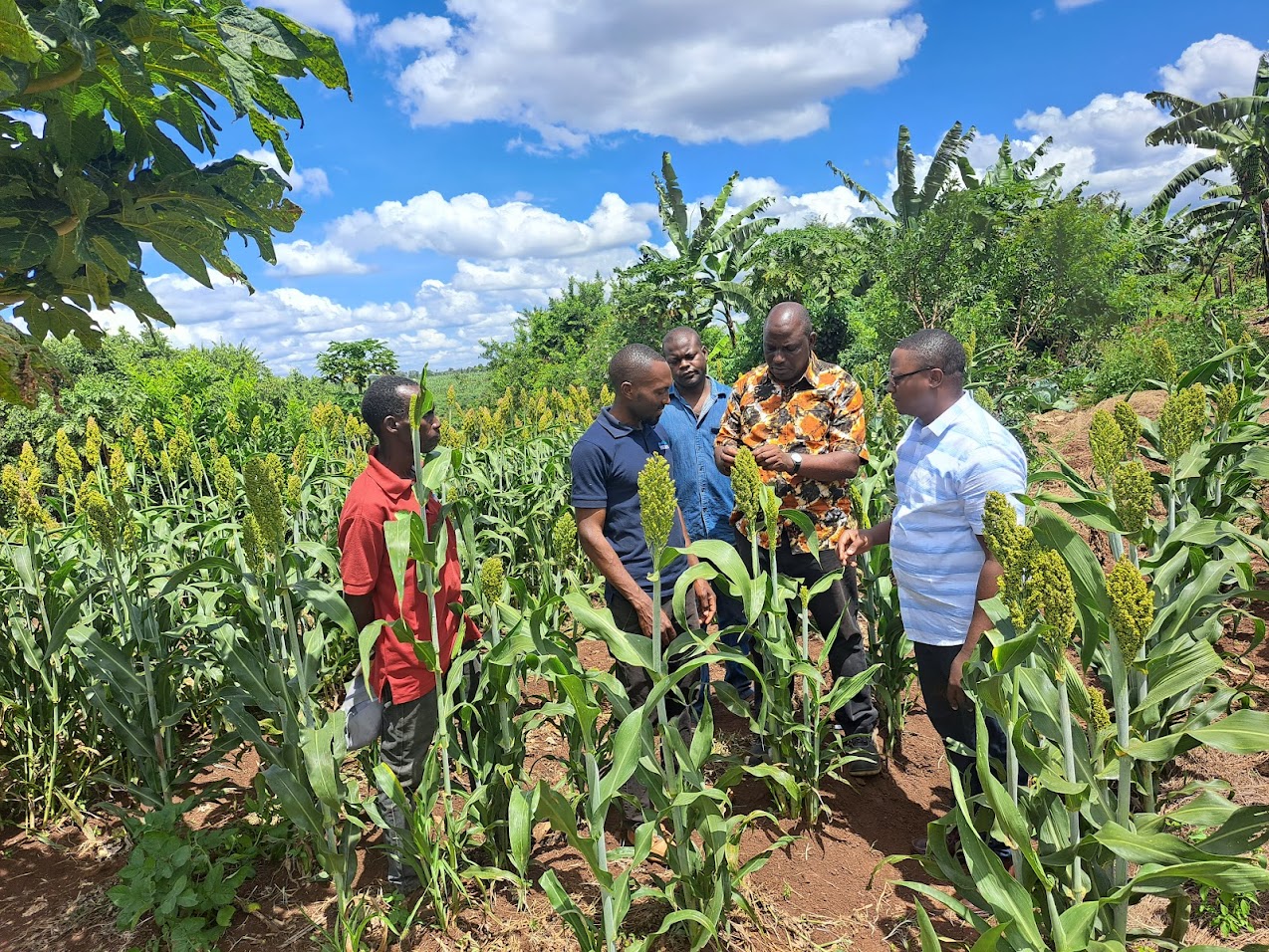
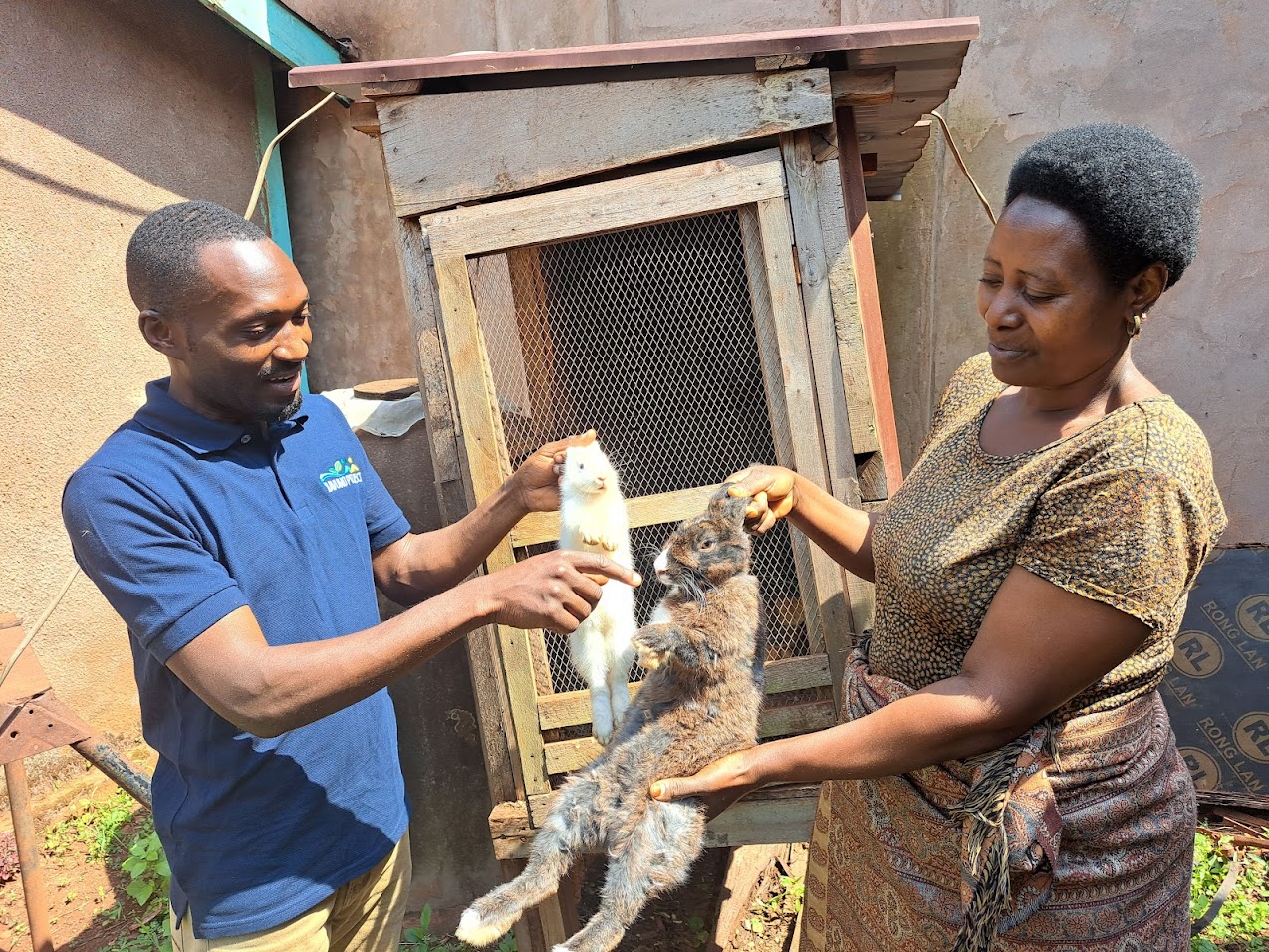
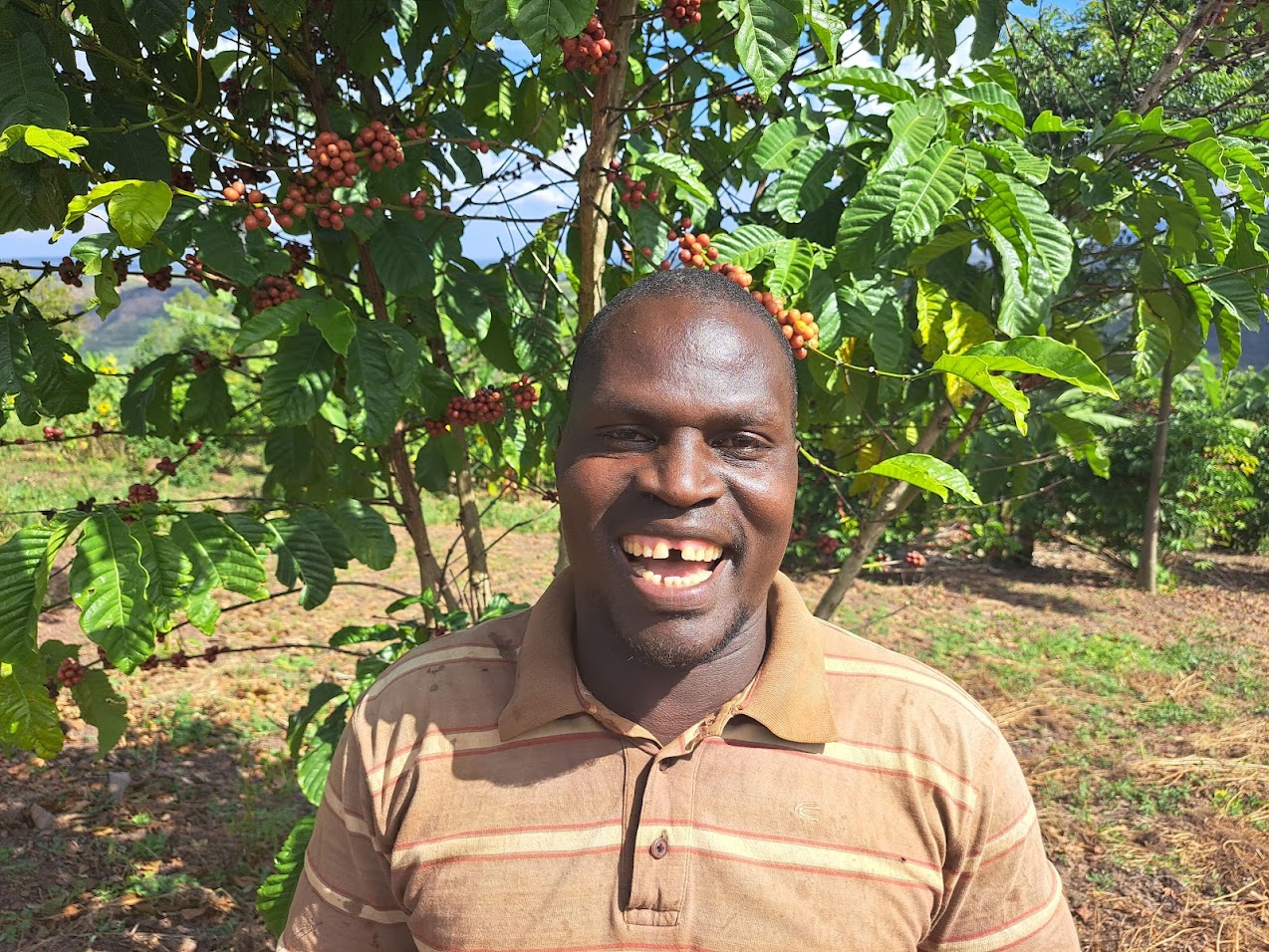
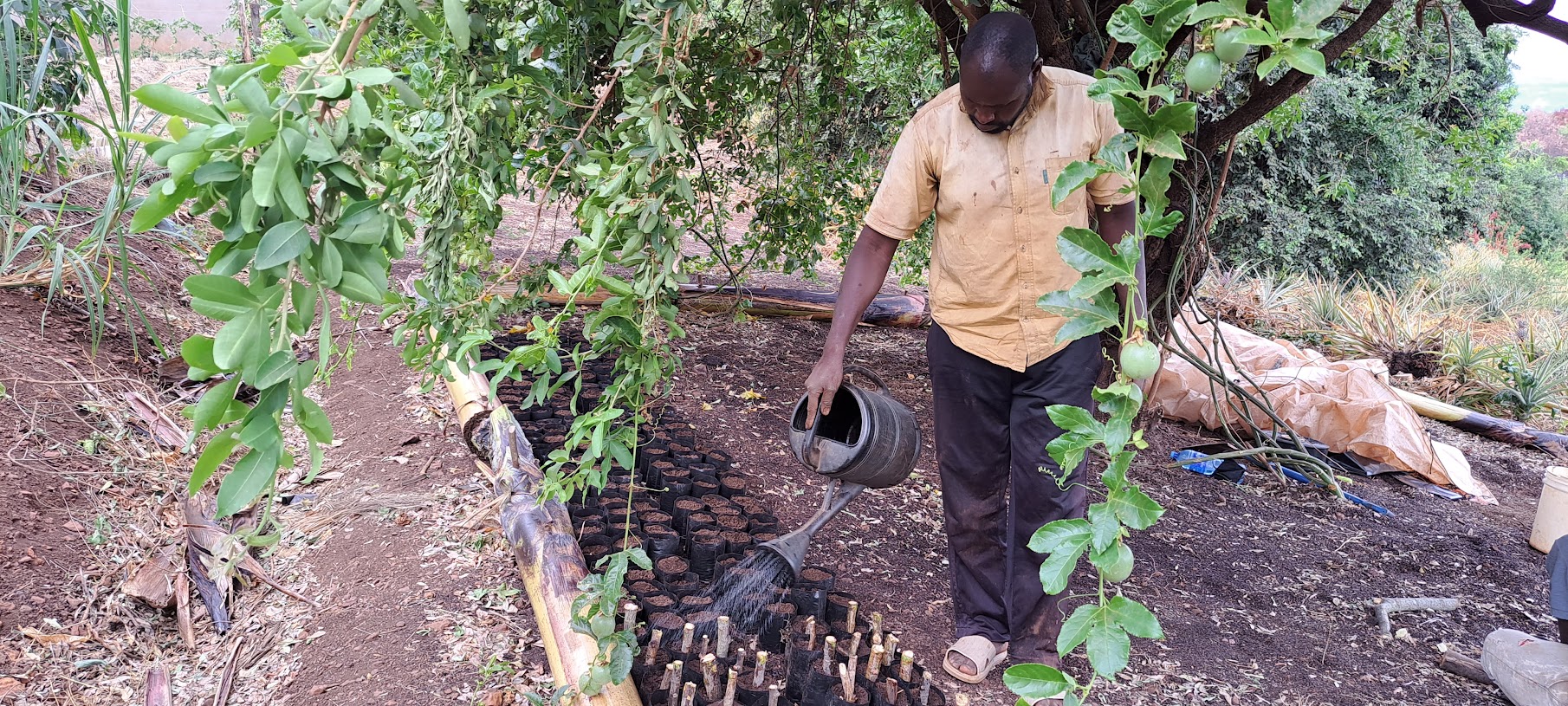
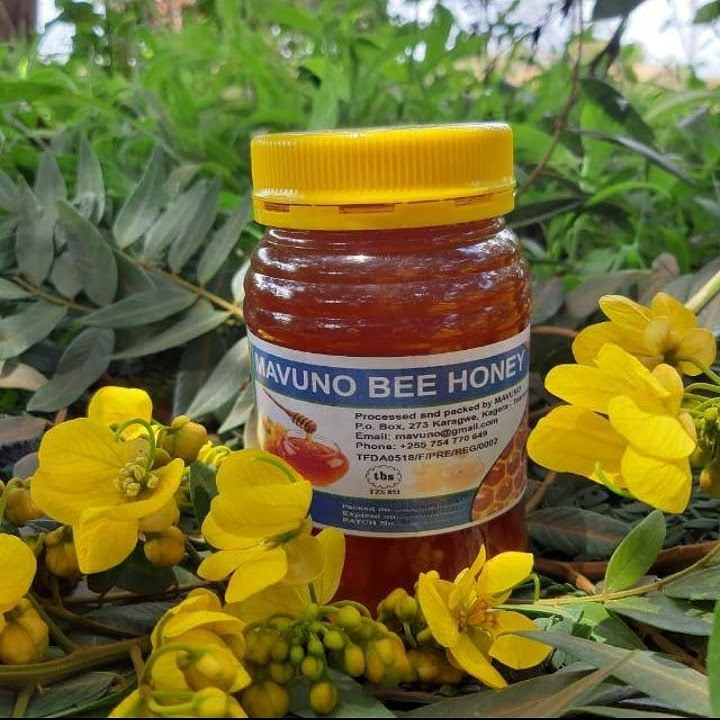
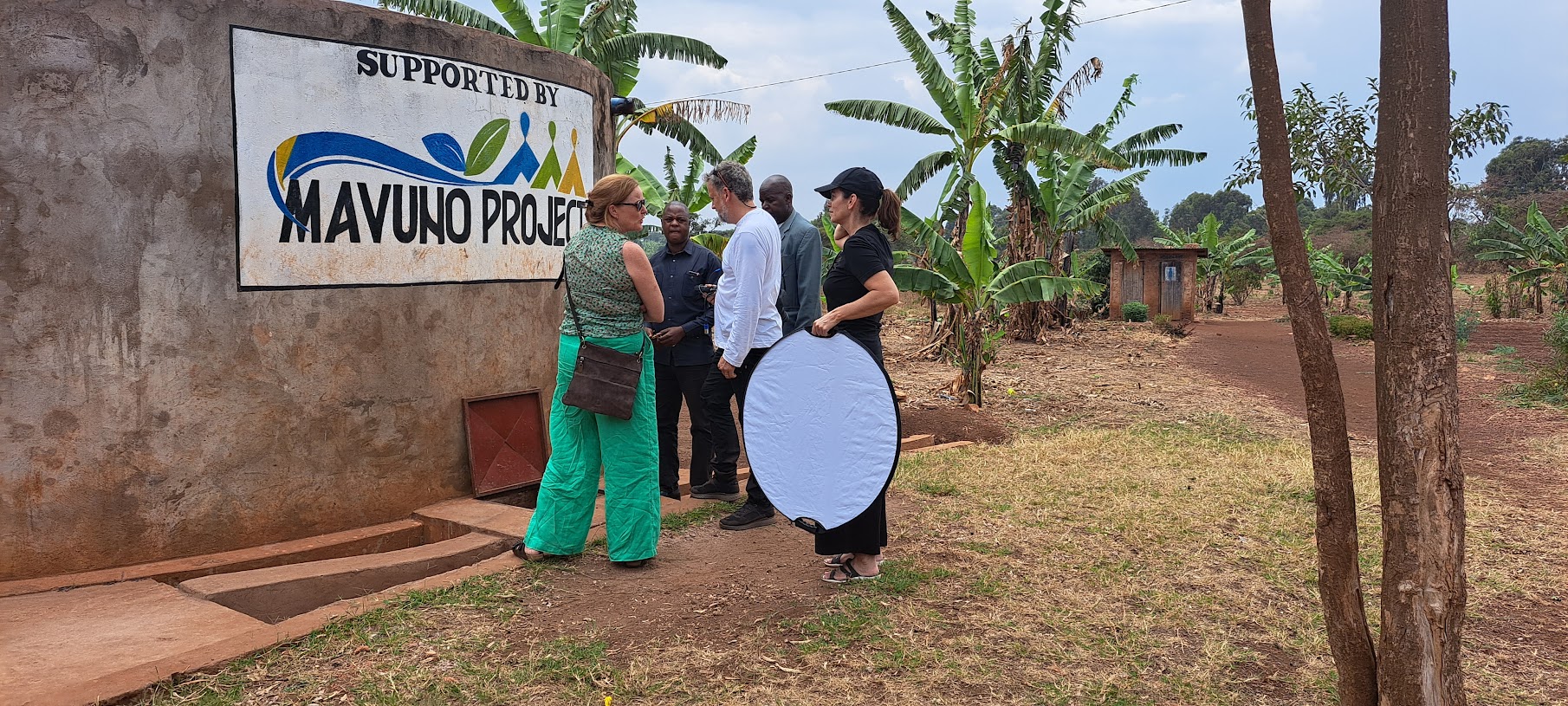
The making of this strategic plan involved an intensive two weeks’ series of workshops with various stakeholders and field visit to perform physical evaluation in the villages of the project. Beneficiaries, local leaders, district officials and likeminded CSOs were engaged to take part in the evaluation process. Donors were as well represented. A lead consultant was assisted by the MAVUNO team in coordinating and performing the review and workshops.
All the project key areas were evaluated i.e. FEBBA, WASH, Education, Social welfare and Organization Administration and Development. A highly participatory methodology was deployed giving room for each stakeholder to participate in the review of the put-phasing strategic and providing their opinions on the incoming one. Women and youth were well represented through focused group discussions and farmers were also represented.
Action plans and strategic objectives identified are well aligned with relevant trends in the environment and cross cutting issues on the basis of MAVUNO’s fundamental commitments (vision, goal, mission and values’ statements).Basing on the analysis of the current projects and the organization strengths the grouping of departments has been modified and expanded as follows:
FEBA program interpreted in a narrow sense continues to stands for development of sustainable agriculture, environmental conservation through planting trees, as well as for organic bee farming which is the greatest pollinating machine for plants and responds to the urgent need to reduce greenhouse gas emissions and to the adaptation to climate change. It drives major economic, social and environmental changes in food systems in the region and provides an entry point for understanding the issues around sustainable agricultural development as a whole.
WASH facilities include water supply facilities, latrines, hand-washing facilities, incinerators, refuse pits and other waste collection and disposal facilities, also water sources like spring water, tap water, shallow wells, boreholes and construction of rainwater harvesting and storage tanks.
Education program focuses mainly on providing female and younger children’s pre-primary/primary and secondary education which has proven to be an essential tool to improve the living standards of societies all over the world. By recognizing such an aim, the organization has constructed an educational and research center with the Girls Secondary School in Karagwe District as well as a kindergarten center in Kyerwa District; both of which are providing quality education to girls and pupils aged between 5 and 20 years respectively. A secondary schools for boys has been proposed to be constructed for the purpose of gender balance. Additional, an element of Digitalization has been sought as key in enhancing learning to students both in primary and secondary schools.
Social welfare program deals mainly with service and care of people in the community, organize income generating activities in the community to improve the conditions of the societies in areas of support for Children in need/orphans, gender and women empowerment and youths’ development, as well as giving attention and support to people living with HIV/AIDS. To have an improved focus on women and youth, the two will be considered separately under this component where women sub-category will incorporate gender and women empowerment and the second will be youth development. This will give room for each to receive enough focus and not to be undermined by the other.
This will be the union of coordinating, monitoring, evaluation and reporting on all projects. It will be involved with staff replacing and trainings, it will also impart technical consultants and volunteers according to the need of the programs. It will work as link between donors, partners and the Board, too. Immerged subprogram: in the course of implementation the organization had an opportunity to integrate an important component of Solar panels to supply light and energy in primary schools -134 schools were supplied with solar and solar related learning materials (TV Screens and Laptops). This was reported to have impacted much in schools performance and therefore it is now being integrated to this STRATEGIC PLAN under the new component of Sustainable Energy, Research and Development.
Our evaluation for the out phasing Strategic Plan demonstrated the need to consolidate the energy related intervention into an independent program component. This is one of the area that MAVUNO has performed well Strategic plan especially in the installation of biogas digesters at schools and in the households in addition to the installation of Solar Panels at schools. The component also envisages works related too energy saving stoves for climate change mitigation and further research and development in the energy sector.
FOCUS AREAS of concern for Policy Dialogue and Human rights are sustainable agriculture, climate change and equal rights for women and men on rights to land and other productive resources. This is an exploration component whereby we will seek to increase our internal capacity in identifying and addressing policy dialogue issues around the mentioned areas of focus.